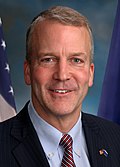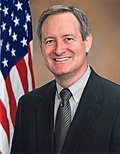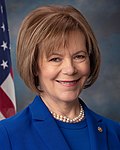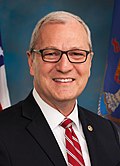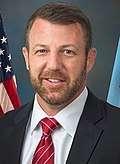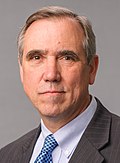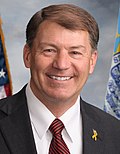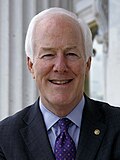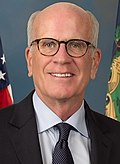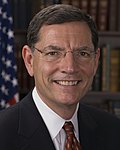
The United States Senate consists of 100 members, two from each of the 50 states. This list includes all senators serving in the 119th United States Congress.
Contents
- Party affiliation
- Leadership
- Presiding officers
- Majority leadership (Republican)
- Minority leadership (Democratic)
- List of senators
- See also
- Notes
- References
As of January 2025, there are 53 Republican senators, 45 Democratic senators, and two independent senators who caucus with the Democrats. [1] Sen. John Thune is the Senate majority leader, and Sen. Chuck Schumer is the Senate minority leader. [2]





